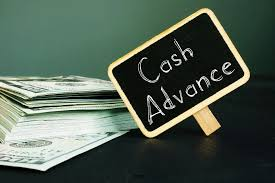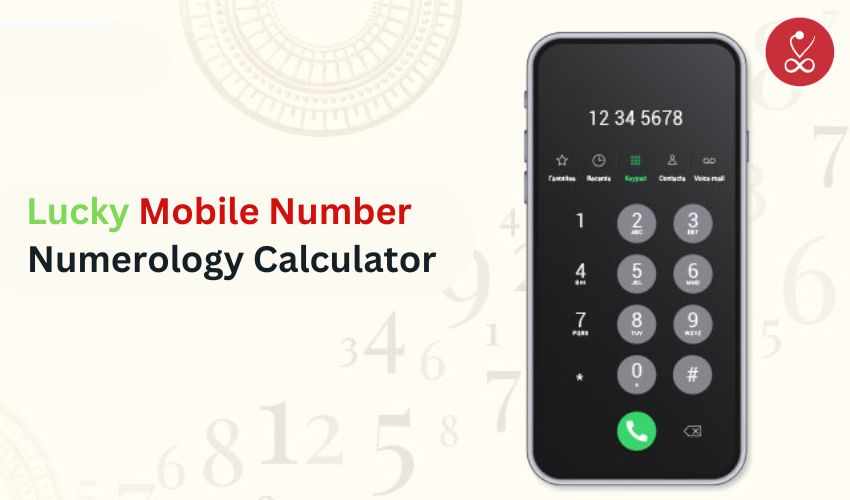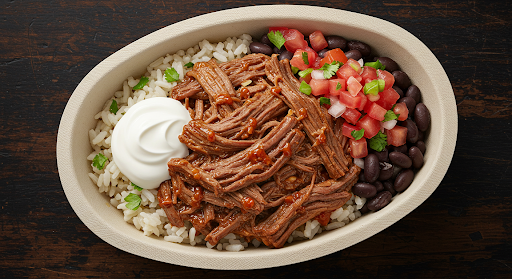How Cash Advances Can Damage Even the Best Credit Scores

You’ve done the hard work. Paid bills on time, kept balances low, maybe even checked your score with a little smile when it landed in the “excellent” zone.
Having a strong credit score feels like a badge of honor—and honestly, it should. It means lenders trust you, borrowing is cheaper, and financial doors swing open more easily.
But here’s the kicker: even with all that effort, one wrong move can chip away at that score faster than you’d think. And one of the sneakiest culprits? Cash advance credit cards.
Yes, those “quick cash” lifelines many people turn to in emergencies can quietly undercut even the strongest financial track record. Let’s talk about why.
First, What Counts as an Excellent Score?
In the U.S., credit scores usually fall between 300 and 850. If you’re between 740-799, you’re in “very good” territory.
Hit 800 or more, and you’re basically financial royalty. That’s what most people mean when they ask, “So, whats an excellent credit score?”
At that level, you get the perks: lower mortgage rates, pre-approved offers in your inbox, higher credit limits, sometimes better insurance rates, fewer deposits for utilities, and more negotiating power on financial products.
In short, borrowing gets cheaper and easier. But it’s also fragile—one or two bad financial habits (missed payments, high credit utilization, a few hard inquiries) can drag you back down.
Why Cash Advances Look Tempting
Picture this: you’re short on rent, or maybe your car repair bill is bigger than your emergency fund. You don’t want to call family or wait for payday.
So you hit the ATM with your credit card and take a cash advance. Problem solved.
Or is it?
Here’s what most people don’t realize about cash advance credit cards:
- No grace period. Interest starts the second you take the money out. Regular purchases usually give you weeks before interest hits — not here.
- Higher interest rates. Cash advance annual percentage rate (APRs) are usually higher than your card’s normal purchase APR.
- Extra fees. Banks tack on cash advance fees, often 3–5% of the amount withdrawn.
- Impacts credit score. It increases the balance owed, which raises your credit utilization ratio. A high utilization can hurt the score—even if you pay everything else on time.
So that $500 you pulled? By the time you repay it, you could easily owe $550, even if you pay it back fast. And if you carry it longer? Ouch.
How This Hurts Your Credit Score
Okay, so how does borrowing a little cash drop an 800+ score? It’s a mix of direct and indirect hits:
- Utilization Spike
Credit scores love low balances. If you suddenly pull $1,000 in cash on a card with a $3,000 limit, your utilization rate (how much of available credit you’re using) jumps to 33%. That alone can ding your score, even if you plan to pay it off. - Debt Pile-Up
Because interest starts immediately, the balance grows faster than you may anticipate. And, if you’re also juggling other bills, you could end up making minimum payments—which extends the debt period, increasing interest, and the risk of late payment. - Payment Risk
Miss a payment or even pay late once, and your “excellent” score can tumble by 100 points or more. Cash advances make that risk higher because the repayment burden grows quickly.
The Hidden Psychological Trap
Beyond the math, there’s a mindset issue. Cash advances make it feel easy to get money. Once you use it, it’s tempting to use it again.
Suddenly, you’re leaning on it for things that aren’t emergencies — groceries, a weekend trip, maybe holiday shopping. You don’t see the cash leave your hand; you just see the statement later. That psychological distance dulls the pain of spending.
That’s when excellent scores start unraveling. The discipline that built your score erodes, and the quick fix becomes a bad habit.
Safer Alternatives When You’re Stuck
Because let’s be real — emergencies happen. Avoiding cash advances is smart, but what should you do instead?
- Tap your savings, even a little. But use them truly for emergencies so you’re not depleting your safety net.
- Ask about payment plans. Many hospitals, mechanics, even landlords are open to them. This prevents late fees or collections. Make sure to get any agreement in writing.
- Personal loans. If you need a lump sum, a loan usually has lower rates than a cash advance.
- Credit union help. Local credit unions often offer small “payday alternative loans” at way better terms.
Not glamorous, but way safer for both your wallet and your score.
Protecting an Excellent Score
If you’ve worked hard to reach an 800+, protect it like it’s your passport. That means:
- Avoiding unnecessary debt spikes.
- Keeping utilization low (ideally under 30%, even lower if possible).
- Make every payment on time, no excuses.
- Only lean on credit in ways you can realistically manage.
Because here’s the truth: lenders see a pristine score as proof you’re reliable. But they also watch your credit activity closely. A sudden dip — from late payments or maxing cards — can cost you the perks you earned. Maintaining your score requires consistent, responsible credit management.
Wrapping Up
Cash advances aren’t evil. Sometimes, they help in a genuine emergency. But if you rely on cash advance credit cards often, even the best credit score won’t stay “excellent” for long.
The fees, the utilization spikes, the risk of late payments — they all add up fast.
So if you’re lucky enough to be in that whats an excellent credit score range right now, guard it carefully.
It took years to build, but only a few slips to undo. Borrow smart, plan ahead, and use cash advances as a last resort, not a habit.
- Arts & Style (96)
- Automobile (279)
- Business (5,436)
- Business and Entrepreneurship (159)
- Career Development (54)
- Climate & Environment (26)
- Creative (31)
- Culture (1,514)
- Beauty (272)
- Skincare (237)
- Cultural Studies (74)
- Digital Life (72)
- Energy Healing (31)
- Fashion (1,008)
- Clothing (686)
- Fashion Design (231)
- Philosophy (7)
- Morality (6)
- Religion (15)
- Sports (115)
- Beauty (272)
- Digital Marketing (328)
- DIY and Crafts (13)
- Economics (8)
- Education (1,251)
- Entertainment (194)
- Faith & Spiritual (10)
- Fashion and Beauty (149)
- Finance and Money Management (203)
- Fitness and Exercise (31)
- Food and Drink (167)
- Game (137)
- Health and Wellness (1,077)
- Home and Garden (378)
- Law (141)
- Lifestyle (1,330)
- Health (663)
- Home (374)
- Architecture (93)
- Interior Design (211)
- Rental Property (27)
- Pets (75)
- Relationships (67)
- Restaurants (19)
- Literature (7)
- Media (266)
- Packaging (39)
- Politics (1)
- Real Estate (249)
- Science and Nature (14)
- SEO (134)
- Social Media Marketing (51)
- Software Development (214)
- Sports and Fitness (44)
- Technology (828)
- Artificial Intelligence (237)
- Blockchain (60)
- Data Science (113)
- Gadgets (144)
- Security (139)
- Transportation (104)
- Travel & Tourism (726)
- Uncategorized (1,717)
- World (62)
- International (59)
- Modern Doors That Transform Your Home At Highline Building Supplies

- Future of the Nail Industry: What’s Next After Gel and Acrylics?

- Montenegro’s Lamtara Bay: A Hidden Gem for Smart Real Estate Investment

- Arabian Desert Safari Tour – Adventure and Culture in the Golden Sands

- Smart Ways to Shop for Home Must-Haves Without Leaving the Couch


How Choosing the Right Windows, Doors, and Flooring Can Transform Your Home

Brand Creation Dubai: How Umami Comms Transforms Ideas into Powerful Identities

How Cash Advances Can Damage Even the Best Credit Scores

Unlock Your Destiny: The Ultimate Mobile Number Numerology Calculator Guide

How Cash Advances Can Damage Even the Best Credit Scores

Unlock Chipotle's Secret: Your Home Barbacoa Recipe (2025)

How to Wear Chunky Shoes Without Looking Bulky
